Watching the film I was hypnotized by the sheer beauty of the images, a startling view of the future that was often stunning to behold, other times frightening in the ugliness. With breathtaking images, stunning visual effects and a superb score, the film pulled me in. The film moved at a languid pace, no hurry in the storytelling, and unravelled at that same easy, unrushed pace. The director, the enormously gifted Denis Villeneuve understands there is no hurry in telling a great story, he takes his time, he allows us in.
He did this with Prisoners (2014), building the tension to almost unbearable heights, the drug thriller Sicario (2015), and he did it last year with the magnificent Arrival (2016) almost daring his audience to take what proved to be an astounding journey. Earlier in his career while still working in Canada he made the extraordinary Polytechnique (2011) a bleak yet tremendously powerful film about the Montreal Masssacre of December 6, 1989 when a gunman walked into a university and began to kill students and staff randomly. Again, as told through the eyes of some of the students, he took his time,he did not hurry the narrative, he respected the screenplay. The filmmaker, like Kubrick before him takes his time, has the confidence in his direction, his actors, crew and the story to give the audience time to connect and fall into the story.
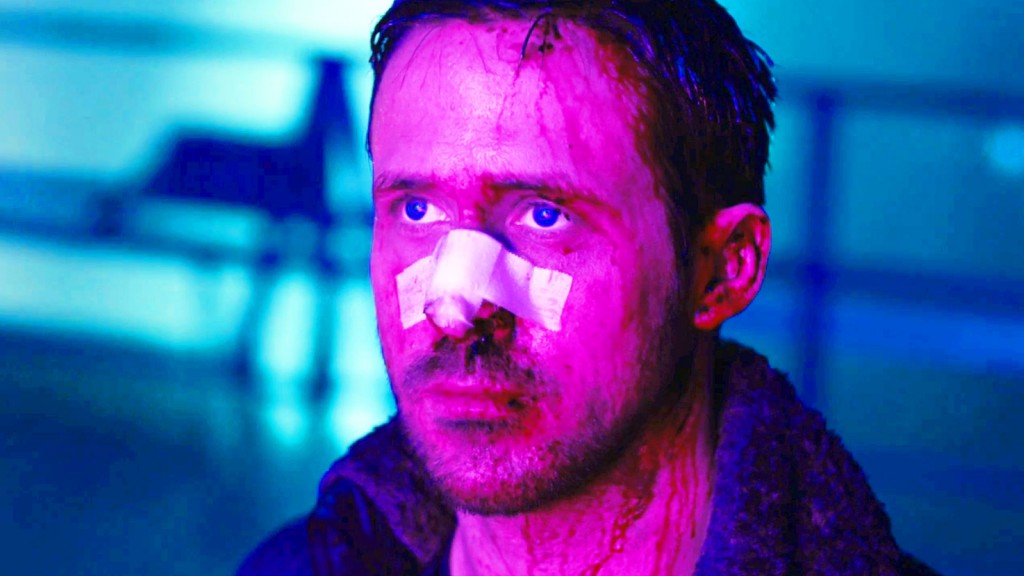
When he was asked to direct the long awaited sequel to Blade Runner (1982) I wonder if he was surprised and nervous? Surprised because most thought Ridley Scott, who helmed the first film, would do the sequel, but Scott begged off and personally asked Villeneuve. Nervous because he would be making a sequel to one of the most acclaimed and beloved science fiction films of the last thirty five years, he understood what was at stake, to make a bad film would ruin him.
He did not fail. Instead he made an intelligent, thoughtful and sublime film that challenges audiences to follow the lead character on a journey that takes him into the past of the narrative, while remaining firmly in the present. I believe it a stronger film than the first, at least it’s equal.
Before I get into the reasons the film failed at the box office, and it did, that cannot be denied, however many critics, myself included felt the new film was extraordinary, a masterpiece.
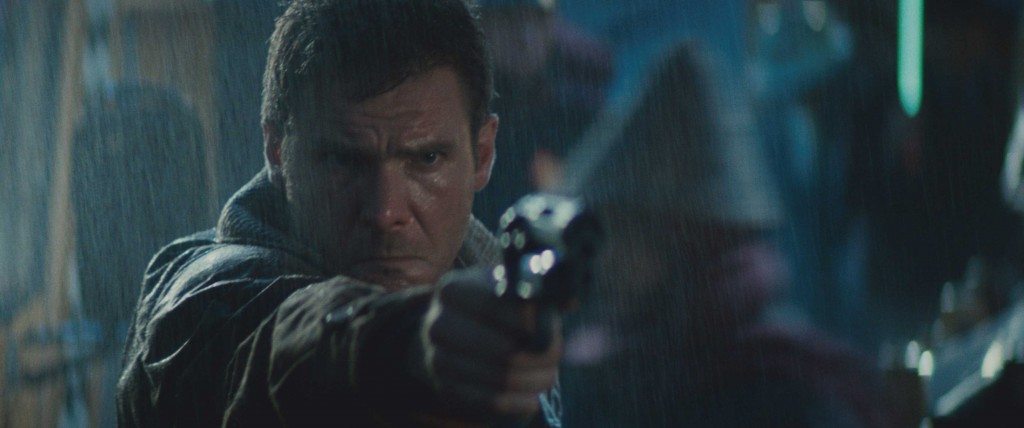
In 1982, Ridley Scott directed a strange science fiction film, the like which had not been seen before. Beautifully designed, the film was set in Los Angeles 2019. It always seems to be raining, the streets are over crowded, neon is everywhere, cars now move through the air, and skyscrapers soar into the grey overcast skies. Man has created replicants, human androids that they found develop emotions and free will, leading man to create for them a life span of a few years. Banished from earth the replicants are used for little more than slave labor off the earth, but a group slaughter the crew of the ship taking them to an off world, and return to earth. Deckard (Harrison Ford) is tasked with hunting them and terminating them, his specialty.
Perhaps audiences, with Ford cast expected more of an action driven film as opposed to the meditative work it was. Having starred in the first two Star Wars films (1977-1980) and Raiders of the Lost Ark (1981), audiences might not have been prepared for the actor in such a role in such a film. It is not a fast paced work, takes its time, allows us to get to understand the characters and ends with an enigmatic conclusion, and the hint that Deckard himself might be a replicant.
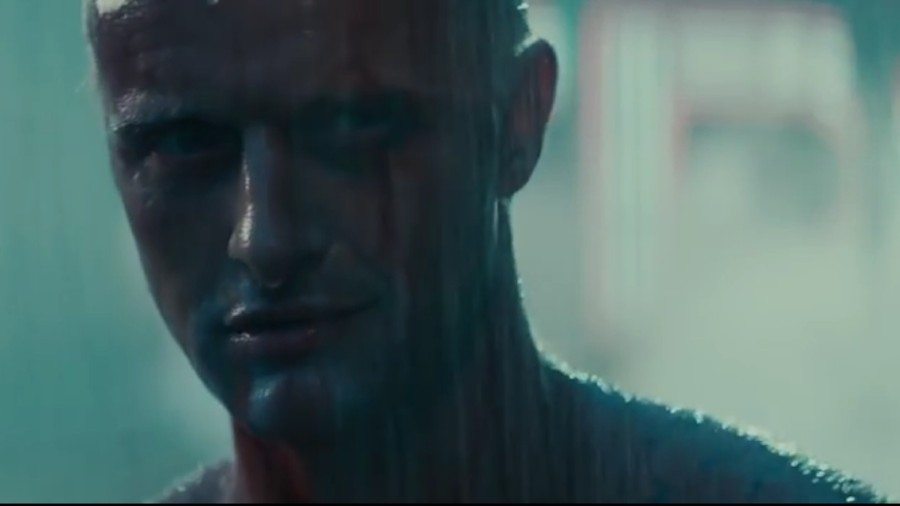
The original release had a narration from Ford, a matter of fact Sam Spade style of narration that helped explain the goings on. Critics crucified the narration, attacking Scott for not trusting them to understand the film. Blade Runner (1982) was indeed a flop, but then something curious happened.
The film found an audience on home video, and a fiercely loyal one. I had seen the film in theatres, but it was a second and third viewing on video that put the hook in me. That final scene between Deckard and his prey Roy Batty (never better Rutger Hauer) has forever haunted and fascinated me. Did Batty save his hunter because in his final moments he so loved life he could not bear to take another? Or did he save him to show him his humanity, telling about the things he had seen?
“…all those moments will be lost, in time, like tears in rain. Time to die.”
– Roy Batty, Blade Runner (1982)
Through the years, Scott tinkered with the film, stripping away the narration, adding famous unicorn dream which strongly supports a Deckard being a replicant, fleshing out the story with Rachel, ending it with Blade Runner – The final Cut on Blu Ray and DVD.
Discussions among fans have taken place for years about Deckard being a replicant and Rachel being the experimental long living creation free of the four-year life span.
Those mysteries are, I think answered in the new film.
Again, why the failure with audiences when critics adored the film? I personally believe it is among the years best films and am stunned at the box office collapse.
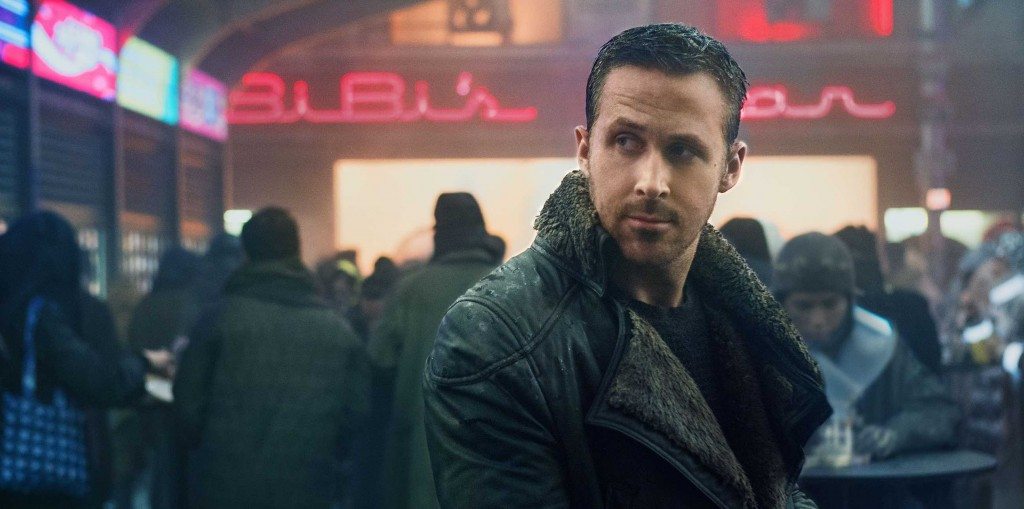
If you look at the top ten box office hits of the year thus far, you will see Spider-Man – Homecoming, Wonder Woman, Guardians of the Galaxy 2, Thor, the Fate and the Furious and It are among them, with Logan, the latest Transformers mess, and Kong: Skull Island are each just under five hundred million, striking distance from the top ten. Each is a fast paced, put your brain in the fridge and enjoy kind of film, Wonder Woman perhaps the happy exception, it at least gave us a back story and strong storyline. Logan too had that, but erupted into action sequences throughout the film. The editing is fast, the action furious, they are essentially non stop action films that take audiences on a wild roller coaster ride start to finish.
Blade Runner 2049 is nothing of the kind. It is a meditative film, slow-paced, gently drawing the audience into the film, demanding that they pay attention because if they do not, they will miss something. So much of the performances of Ryan Gosling and Harrison Ford are in their eyes and body language, while Jared Leto brilliantly uses his body, head and hands for his character. They had to listen, to take in everything and today’s audiences are not prepared to do so.
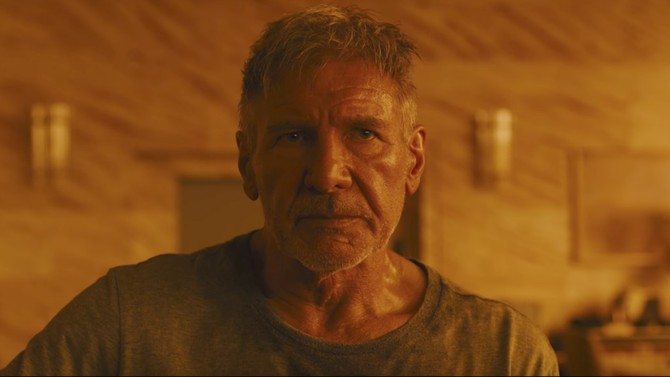
The films of the seventies, the great ones would never be made today because you cannot ask audiences to think!
Was a sequel to Blade Runner (1982) doomed from the start as these comic book and super hero films took hold of the business? Are thoughtful, great films going to go by the wayside? Are audiences to impatient for a great story to unfold? Are they so conditioned to having their thinking done for them they can no longer handle deep cinema? Was the original film, now thirty five years old made to long ago to maintain interest among the under twenty five crowd of today?
Or are we Critics wrong? Maybe it just was not very good. My ego does not allow me to believe that to be true because so many critics admired the film.
My fervent hope is the Academy will Honor Blade Runner 2049 with a win for its glorious Cinematography, and nominations in other categories, but the film must be discovered on Blu Ray. That is essential.
My greater hope is that within months or years it is recognized for what I believe it to be, a towering work of art.

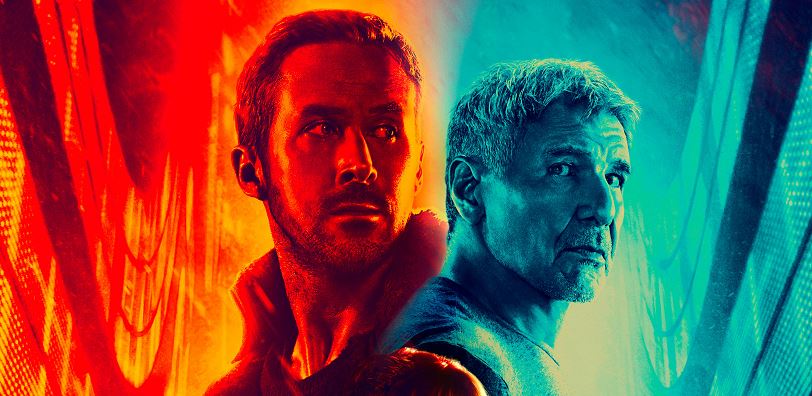
You must be logged in to post a comment.